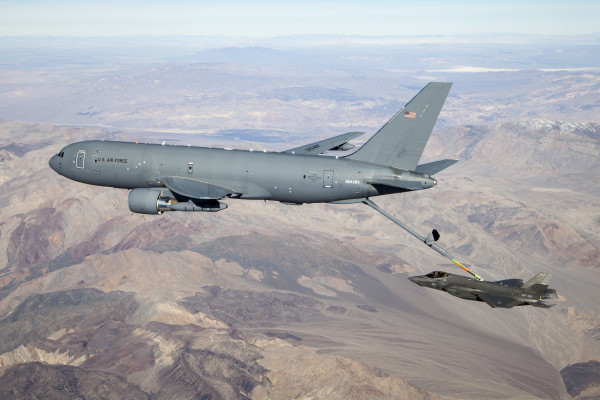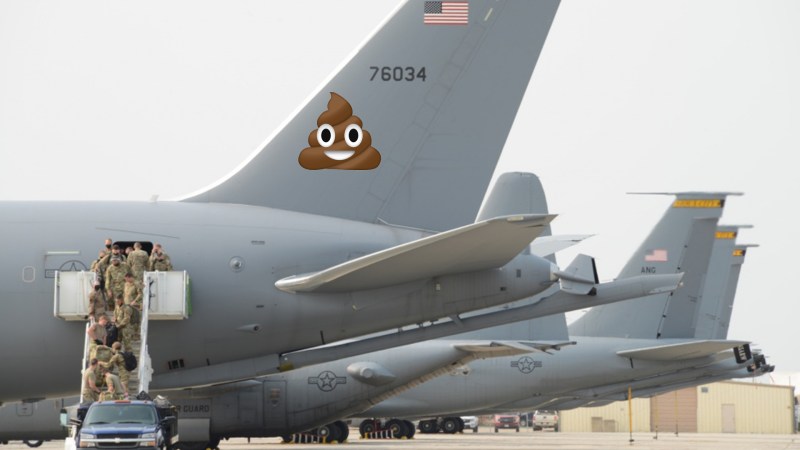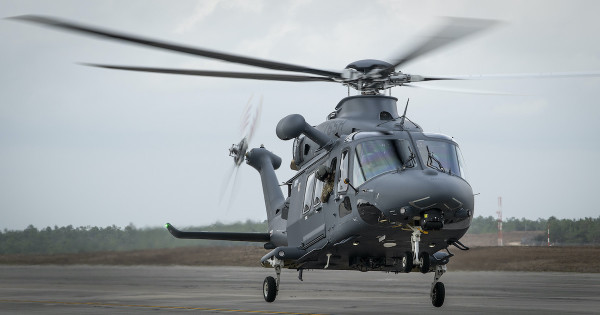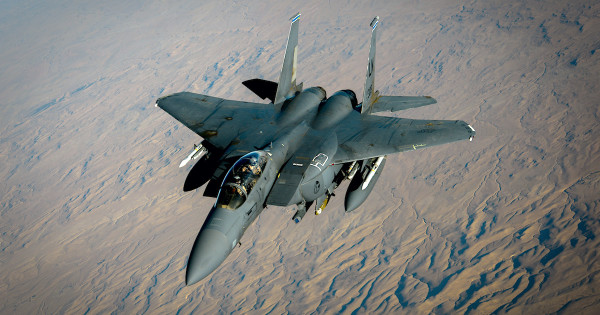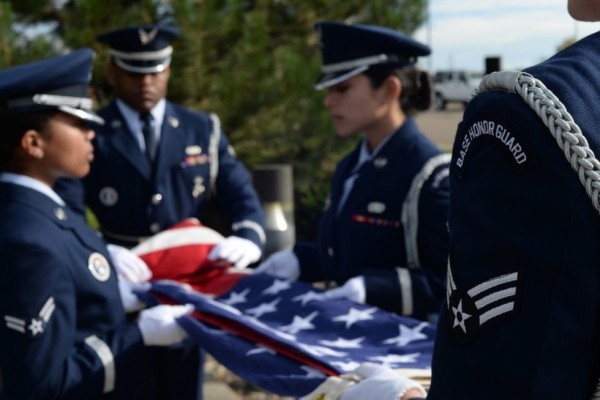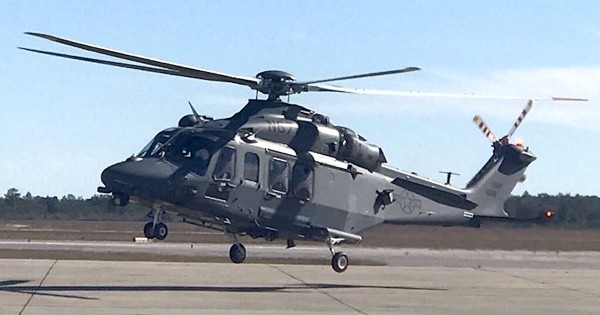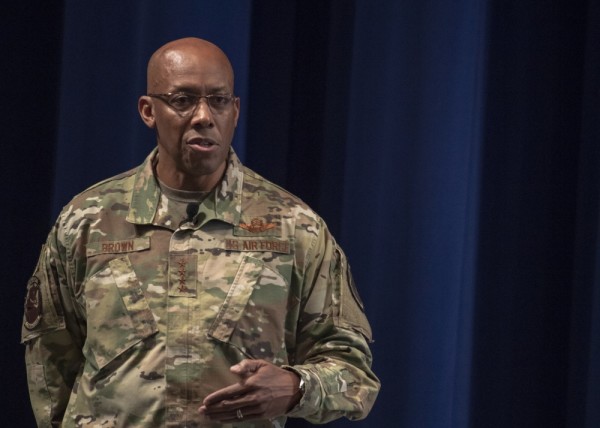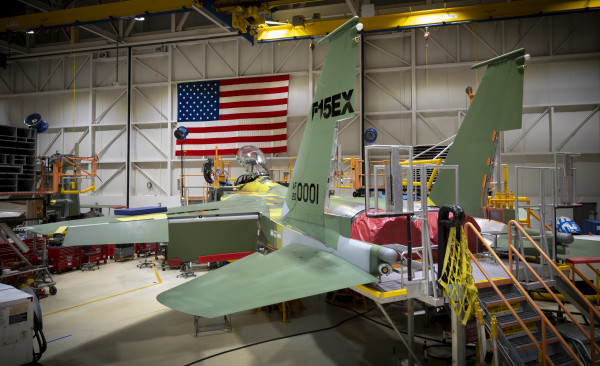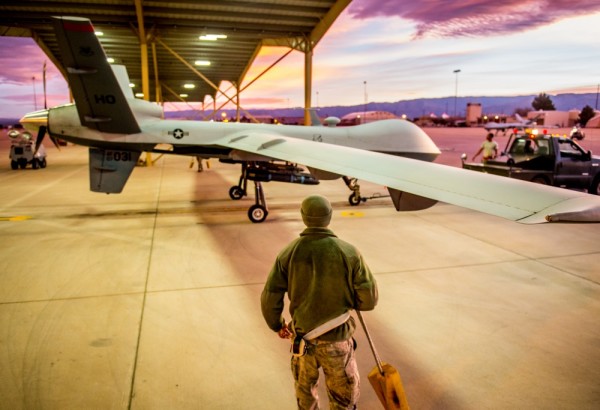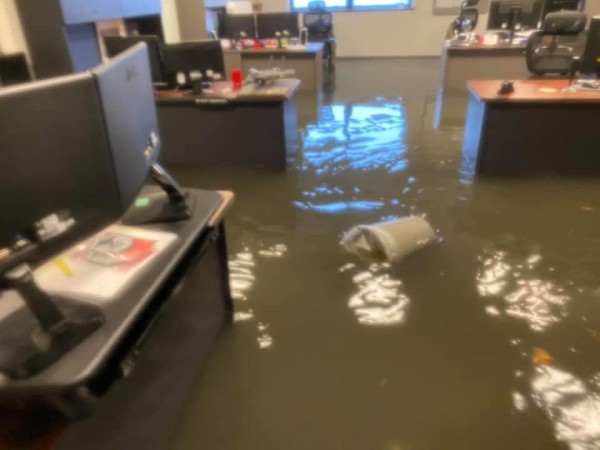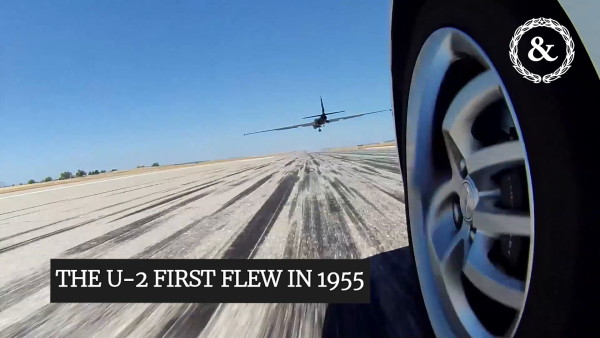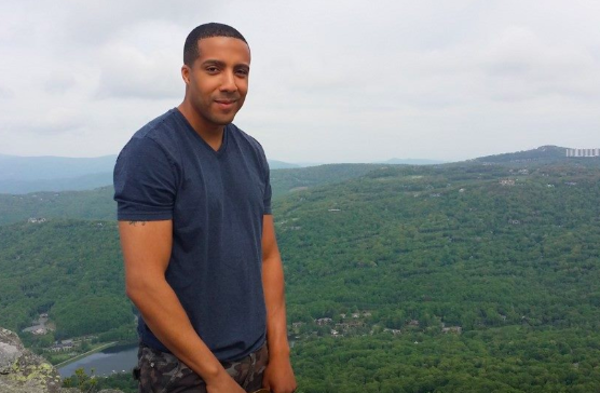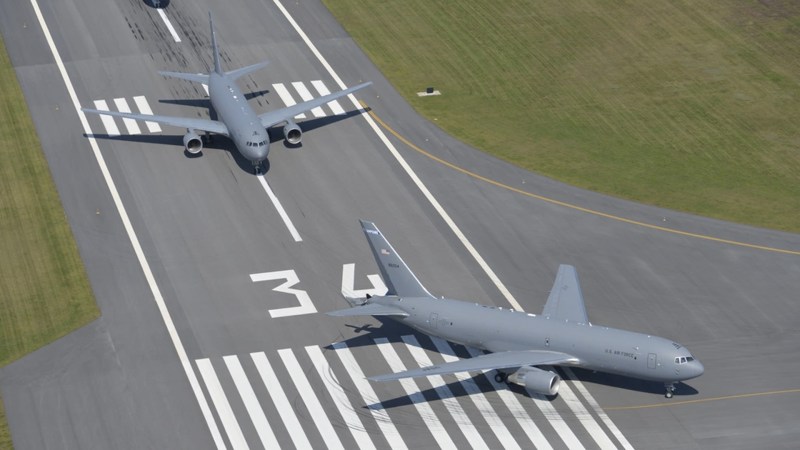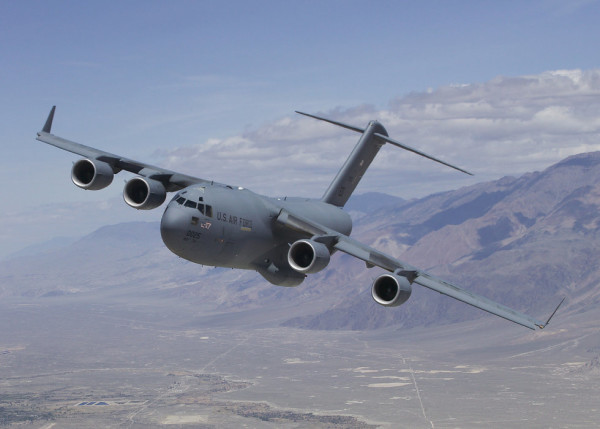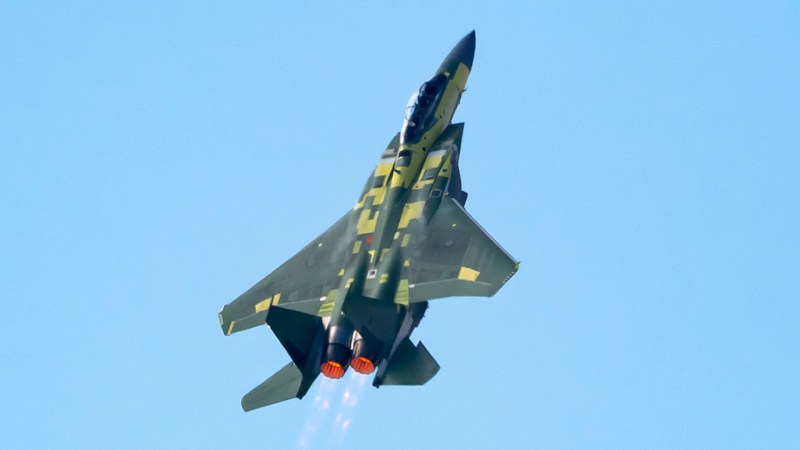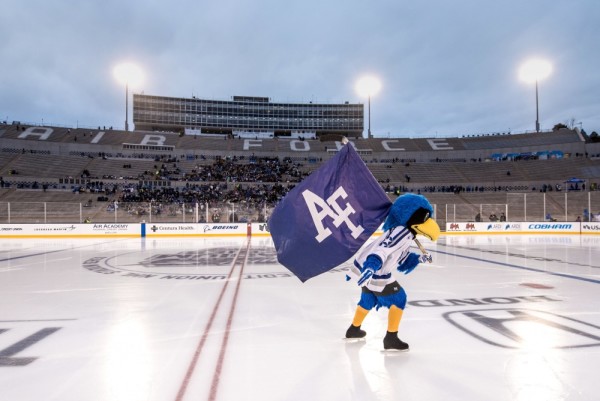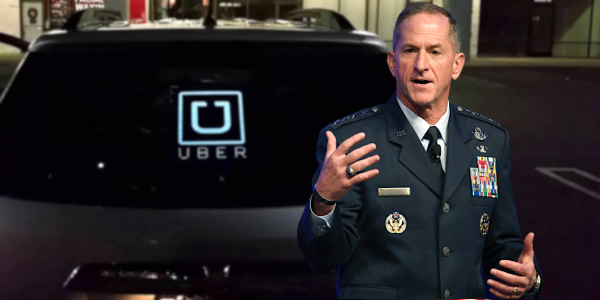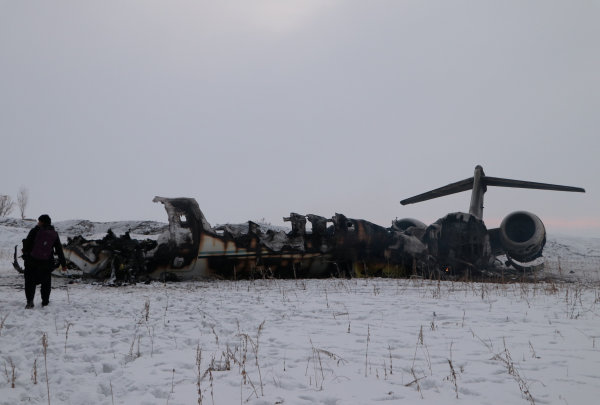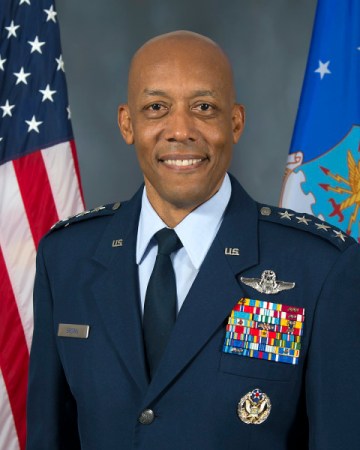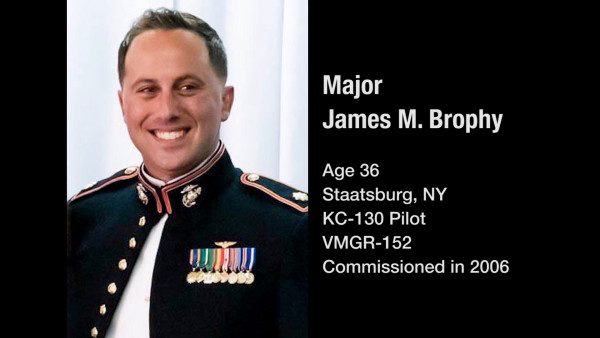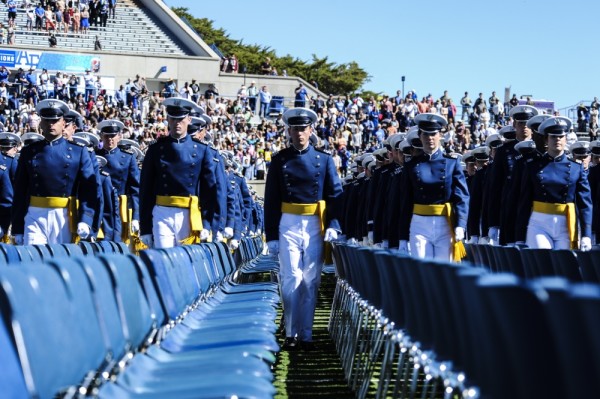The Boeing KC-46 Pegasus is intended to replace the aging KC-135 Stratotanker, but a problem with the new plane’s design will prevent it from doing so until 2023 or 2024.
Lawmakers on the House and Senate Armed Services Committees grilled Air Force Chief of Staff Gen. David Goldfein this week over delays in the Air Force’s tanker replacement program.
Lawmakers balked at the looming tanker gap, fearing it would leave Air Force pilots short on fuel should they face off against Russia, China or Iran in the coming years.
“That’s unacceptable, it really is,” said Sen. Jeanne Shaheen (D-N.H.) at a hearing on Air Force readiness posture on Tuesday in response to a claim by Goldfein that Boeing was moving as fast as possible to address the KC-46 issue. “Three or four years doesn’t sound like time is of the essence to me.”
In a crisis situation, such as war with Russia or China, an experienced crew would be able to mitigate those risks and execute a successful refueling, Goldfein said, but he currently wouldn’t trust the aircraft for day-to-day operations, especially at the price the Air Force is paying Boeing to produce it.
The new tanker program already costs $44 billion, Business Insider reported in January.
“There’s profound problems with the system,” Goldfein said on Tuesday. “You can mitigate that risk, but I don’t want to be mitigating that risk in day-to-day operations. We ought to get what we paid for.”

The core problem, Goldfein said, is with the KC-46’s remote vision system, which crew members are supposed to use to guide a 59-foot refueling boom from the KC-46 to another aircraft in order to monitor refueling.
The RVS is not working, Goldfein explained, because boom operators can’t see what’s happening in the last ten feet before connecting with another aircraft.
“We’re seeing more strikes around the receptacle before [the boom] actually plugs in,” he said.
The delay couldn’t come at a worse time for the service’s tanker fleet: Last week, Army Gen. Steve Lyons, head of U.S. Transportation Command, stated the Air Force’s refueling capacity is already strapped for resources.
“Across TRANSCOM, the aerial-refueling force element is the most stressed and probably the one that’s pushing the red line or exceeding the red line,” Lyons said, according to Business Insider.
To make matters worse, the Air Force in its 2021 budget request plans on retiring 13 KC-135s and 10 KC-10s. The KC-10s are 39 years old, and KC-135s are 63 years old, and airmen currently have to jerry-rig the latter to keep them flying.
Goldfein said the force would manage its tanker shortfall the way it handles its shortfalls in bombers, fighters, intelligence surveillance and reconnaissance, and command and control aircraft: some combatant commanders just might get “less of what they’re asking for,” he said.
“We would do the same thing in the tanker force between now and when the KC-46 comes online,” he said.

Despite having limited refueling capability, the KC-46 can still be used for smaller lift operations and aeromedical missions, Goldfein said. He also expressed confidence in Boeing since its new CEO, David Calhoun, took over in January.
Calhoun “committed to me that the KC-46 was his top military priority and he was going to do what was required to fix it,” Goldfein said. “I have seen a change in the behavior of that company since he took over. And so that’s why we’re more confident sitting here today … I will say that it’s looking better today than it was even six months ago.”
Despite this, House lawmakers remained concerned about the future of the tanker fleet.
“With the challenges with the KC-46 tankers I’m concerned about this proposed transition and retirement,” said Rep. Kendra Horn (D-Okla.) in a separate hearing on Tuesday. “What’s our contingency plan here?”
Undersecretary of the Air Force Shon Manasco responded by saying that the service is in conversation with Gen. Lyons “to do everything we can to cover the needs of that combatant commander.”
Like Goldfein, Manasco said the Air Force is working with Boeing to get a fix of the KC-46 in place. But in the meantime, he said, “if we had to go to war tonight,” the tanker would be ready for it.

